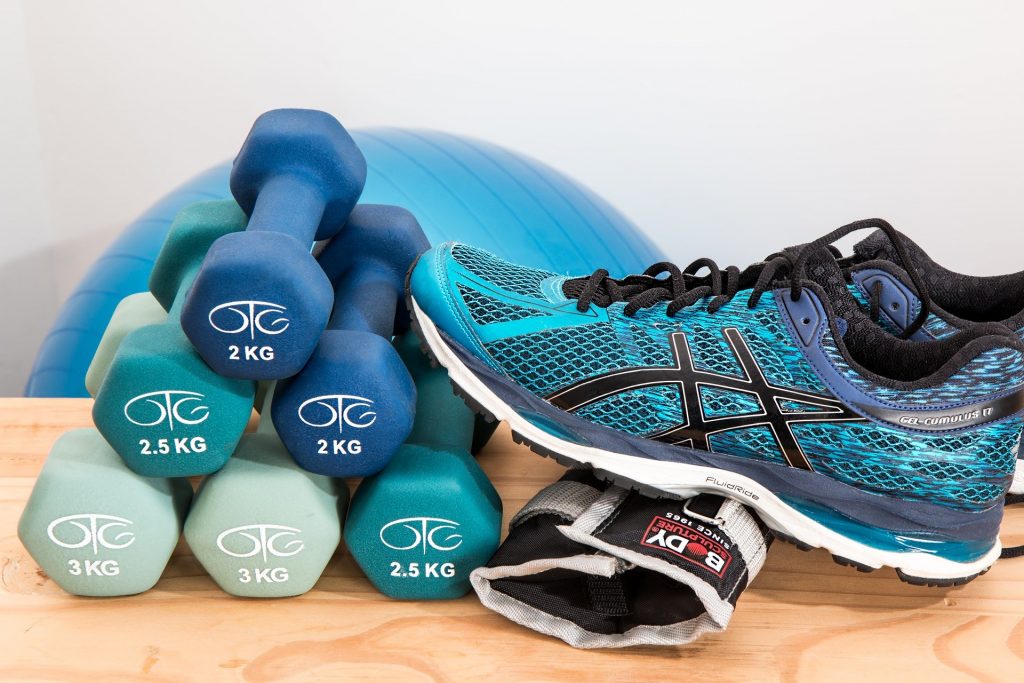Both the brain and the body participate in the pain response. The body is constantly sending signals to the brain, and the brain is constantly sending signals to the body. The brain receives pain signals from the body, and the mind makes sense of these pain signals. The mind receives a lot of information all the time, and with training it can begin to understand the signs of chronic pain differently. Mind and body therapies can help change the way the brain “reads” pain signals. They are a way of working with the signals that are constantly lighting up in the body, and can be a very effective method of physio Newcastle therapists use with chronic pain. Talk to your healthcare provider about trying one or more of the therapies listed below.
Therapies That Can Be Learned at Physio Newcastle (Active Therapies)

Photo by Anupam Mahapatra on Unsplash
Yoga is a physical meditation that allows the body and mind to relax. It is also an effective way to gain more flexibility. An important part of yoga focuses on breathing. You will learn how the breath and the body work together. This can be helpful in managing pain and is something you can practice on your own.
Relaxation, visualization, and meditation are methods to relax your muscles and learn how to focus in a certain way. Focusing can lessen the pain sensation or help you get through the pain – an effective skill that helps a lot in cases of chronic pain and that you can learn to do without depending on another.
Download Branding Resources Guide
Building a brand starts by having the right tools and advice. Download our top 10 essential tools and resources to kick-start your branding.

Coping skills are ways of feeling that you have more control and might use humor, distraction, or positive thinking to put pain in its place. Chronic pain is stressful, so knowing how to manage stress can be helpful. There are many coping tools that you can learn and have on hand.
Cognitive-behavioral therapy is a method in which you work with a therapist to learn how thoughts, feelings, and behaviors play a role in pain. It has been studied in depth and there is evidence that proves that it is an effective tool for physio Newcastle therapists use for pain management.
Biofeedback is an active way to take control of pain and of what you feel continuously. With this tool, you can “hear” the signals that are transmitted between the brain and body, and you can learn to work with them to help fight pain.
Self-hypnosis is a tool that consists of training the mind to change the perception of pain, combining relaxation and visualization, and allowing pain to work differently.
The value you get from these therapies will depend on the degree to which they become part of your daily life. As with any other skill, all of them become easier with practice and doing therapies offered for physio at Newcastle.
Psychological Counseling and Support Groups

Photo by Phil Coffman on Unsplash
Chronic pain support groups can help you feel less isolated and offer advice for coping with pain. Plus, they’re a place you can go to find out you’re not alone. Sometimes chronic pain is difficult because you feel that no one understands it, but support groups can be a place to feel understood.
Support groups for an underlying condition can help you learn more about managing that condition and the pain it causes. They can help you live better with pain.
Therapies Performed by a Third Party (Passive Therapies)

Photo by Katherine Hanlon on Unsplash
Massages help you relax and can also help relieve some types of muscle and joint pain.
Acupuncture and acupressure are treatments that apply small needles or pressure to certain places on the body to stimulate the body’s natural pain control system.
Chiropractic is a treatment based on manipulation of the spine, which can be useful to relieve some types of back pain.
Certain vitamins and medicinal herbs may work for some conditions that cause chronic pain, but they can interact with the medications you take; therefore, be sure to check with your healthcare provider or pharmacist before trying them.
It is important to remember that none of these therapies will completely eliminate pain. The best approach is to use several different therapies that work for you, combined with the support of others and working with your healthcare provider. It is possible to live well despite chronic pain and it is better to learn to do it with the help of others.
5 Tips to Manage Chronic Pain

Photo by Steve Buissinne from Pixabay
Some patients with chronic pain are referred to the Pain Unit of their hospital. In these units, a global treatment is made that associates pharmacological treatment with specific techniques from physio Newcastle with some to improve pain.
Here are some recommendations that can help control chronic pain.
- You must comply with the pharmacological treatment prescribed by the doctor, using the drugs correctly and respecting the doses and the intervals between them.
- Do not use other pain medications on your own if you have severe kidney, liver, or heart disease. Likewise, if you take any anticoagulant medication.
- Try to know the characteristics of your pain, location, intensity, and duration, as well as the factors that make it worse, in order to adapt your daily activities.
- Be aware that situations of anxiety or depression can worsen the pain, so do not isolate yourself, maintain your family, work, and social life.
- Perform gentle physical exercise such as swimming, cycling, yoga, walking, or specific strengthening exercises, such as the back. Don’t smoke and avoid being overweight that can overload your joints.


